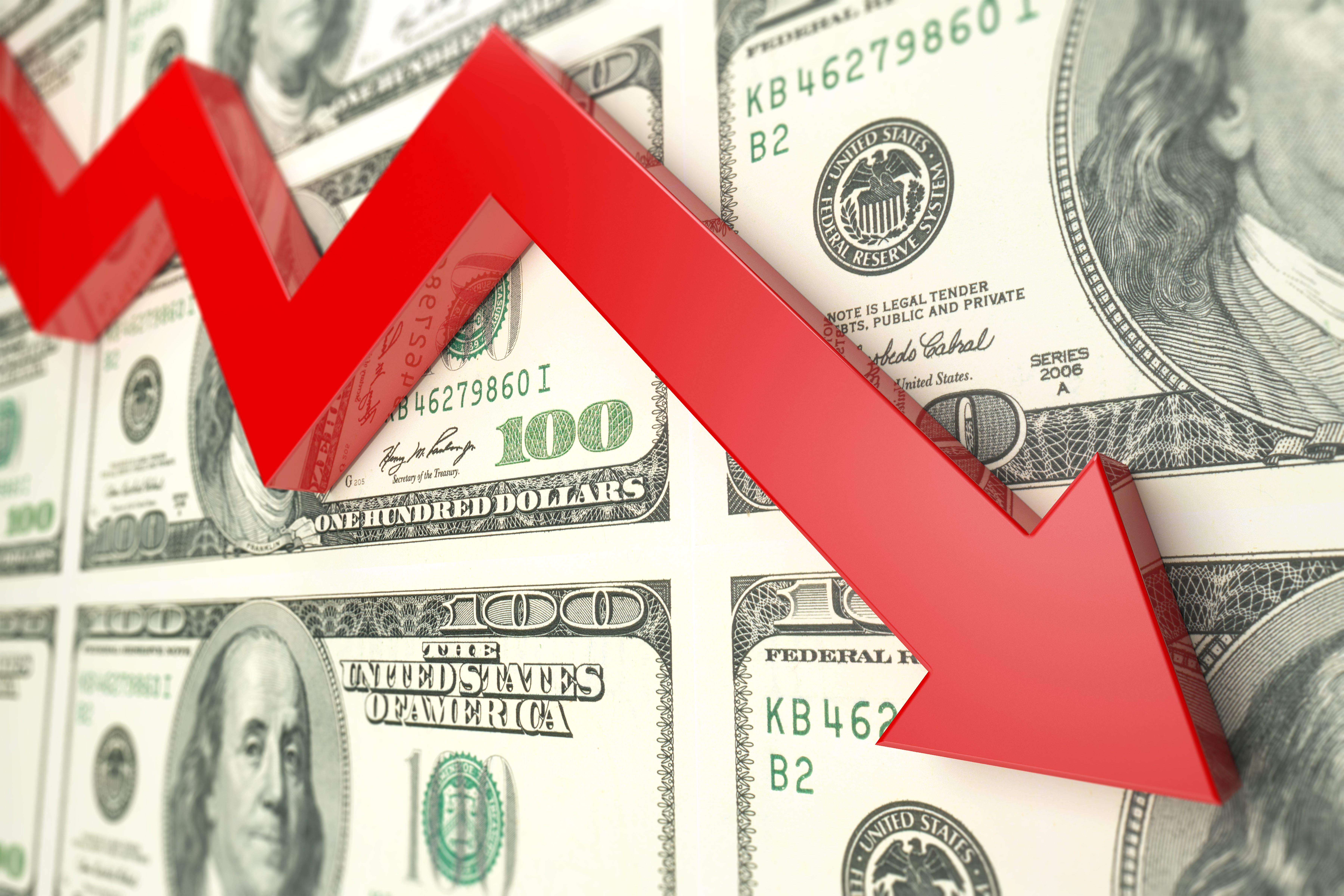Copyright Arkansas Online

The U.S. government shutdown has become the longest in history. And with no sign of a resolution soon, its economic toll is deepening. Now in its 37th day, the shutdown has surpassed the previous record set in early 2019 during President Donald Trump's first term. Every week that passes costs the economy anywhere from $10 billion to $30 billion, based on analysts' estimates, with several landing in the $15 billion range. In the past, the hit to economic growth has been temporary, with furloughed employees getting back pay and the federal government making up for the halted spending once reopened. This one stands to inflict more damage, and not just because of its length, economists say. The economy is more fragile than seven years ago, with many Americans fretting about inflation and job prospects. And unlike during the 2018-19 shutdown, the fallout extends beyond federal workers missing paychecks to millions of Americans losing full access to food assistance heading into the holiday season. "The experience, historically, is that government shutdowns don't cause calamity," said Jonathan Millar, a senior U.S. economist at Barclays. "This time could be different." The Trump administration has tried to fire thousands of federal workers during the shutdown and suggested that not all of the estimated 650,000 furloughed workers should be retroactively paid. Even though those efforts may fail, they've cast additional uncertainty about how much the economy would recoup. Depending on its length, the shutdown could lower fourth-quarter economic growth by as much as 2 percentage points, according to the Congressional Budget Office. If the stalemate extends to Thanksgiving week, about $14 billion won't be recovered at all, the office said. The spillovers into the private sector are already playing out, from idle government contractors to tourism businesses hurt by the closure of parks and museums. Some of the nation's busiest airports are seeing delays because of shortages of air traffic controllers, who are among the employees who must work but aren't getting paid. The impact from missing paychecks is being felt across the country -- not just in places like the Washington area that have high concentrations of federal government workers. In Central Arkansas, Seneca Blount has withdrawn from his retirement savings and sought help from his church to cover bills, including rent, after he was furloughed from his job at the National Labor Relations Board. The 40-year-old veteran, who lives in Maumelle, has worked there 18 months and previously served 5 years in the military. Blount said he's delayed a car-loan payment, but he wonders what will happen this month if he misses another check. "I can't keep this up, I literally just signed a lease for my apartment complex," said Blount, who also pays child support and other expenses as he co-parents his daughter. "Bills don't care about furloughs." With furloughed federal workers counted as unemployed, the jobless rate could jump to 4.7% in October when the report is eventually released, from 4.3% in August, according to Bloomberg Economics. An estimated $24 billion in federal spending on goods and services has been suspended in the first month of the shutdown. It's now entering a sixth week, and the ripple effects are extending to contractors and suppliers that were expecting to get those funds. "That raises the risk that these contractors have to furlough their own workers, cut pay for their workers or even lay off their workers if they're in especially financially dire straits," said Bernard Yaros, lead U.S. economist at Oxford Economics. Thousands of privately owned businesses that rely on loans from the U.S. Small Business Administration are missing out on funds. The agency estimated the shutdown has blocked $2.5 billion in loans for 4,800 small businesses as of Oct. 21 -- money that would typically be used for operations, including day-to-day expenses and expansion costs. "The impacts to businesses are beginning to pile up, and impacting both their current and future growth," Neil Bradley, executive vice president at the U.S. Chamber of Commerce, said in a statement. "Businesses need government to function." Information for this article was contributed by Jade Khatib of Bloomberg (WPNS).



